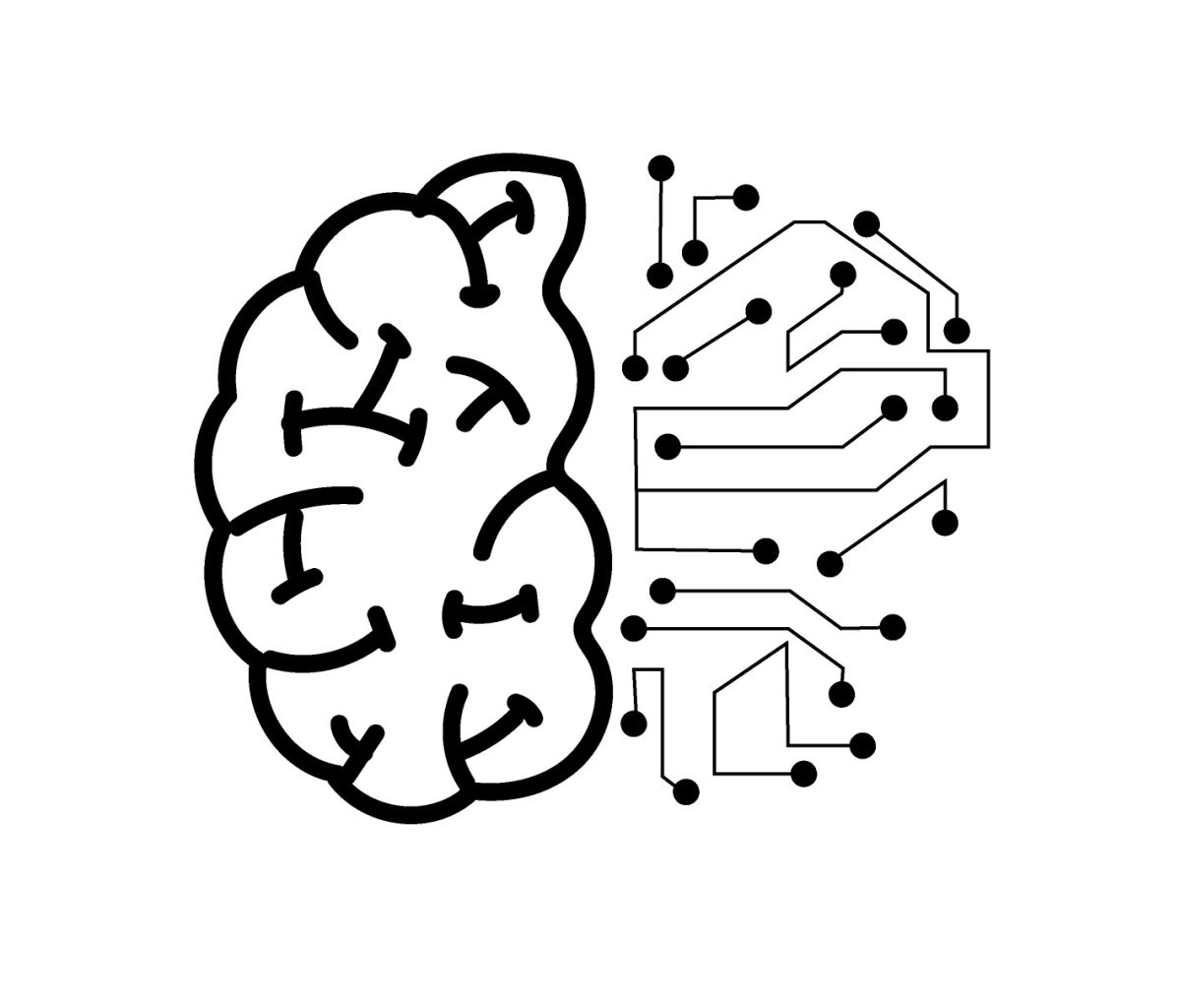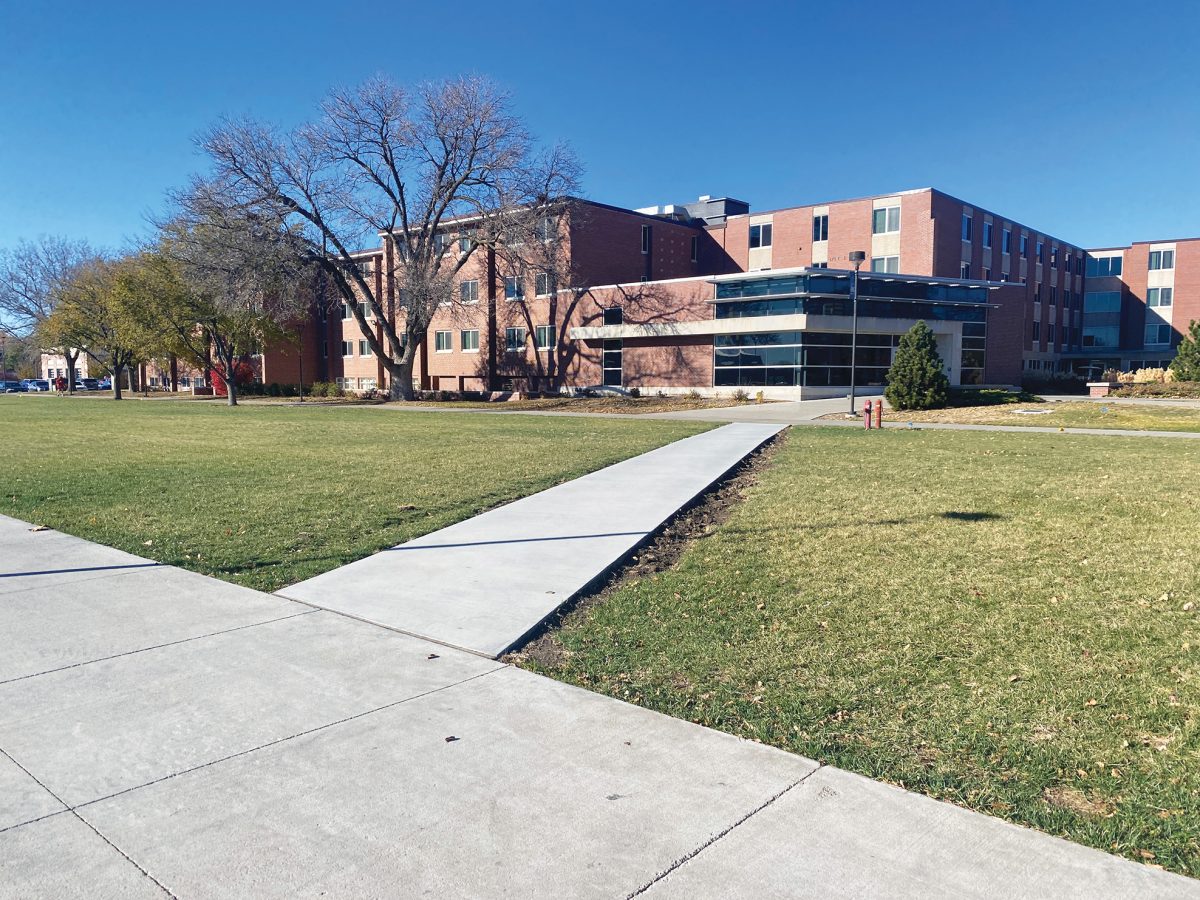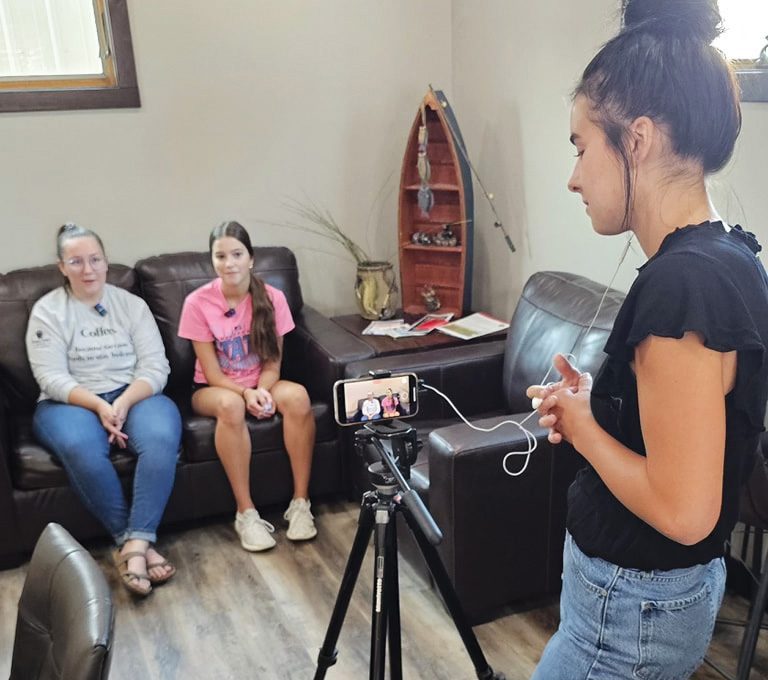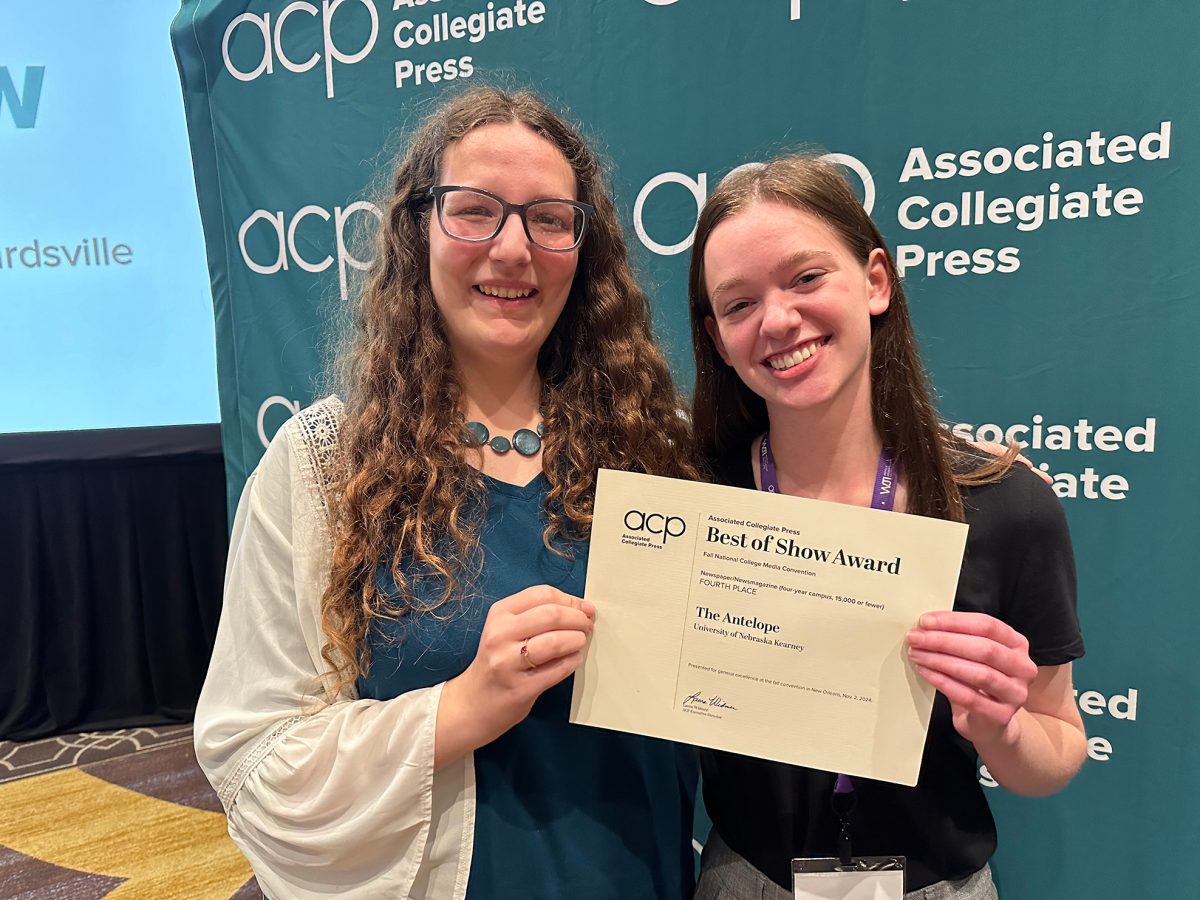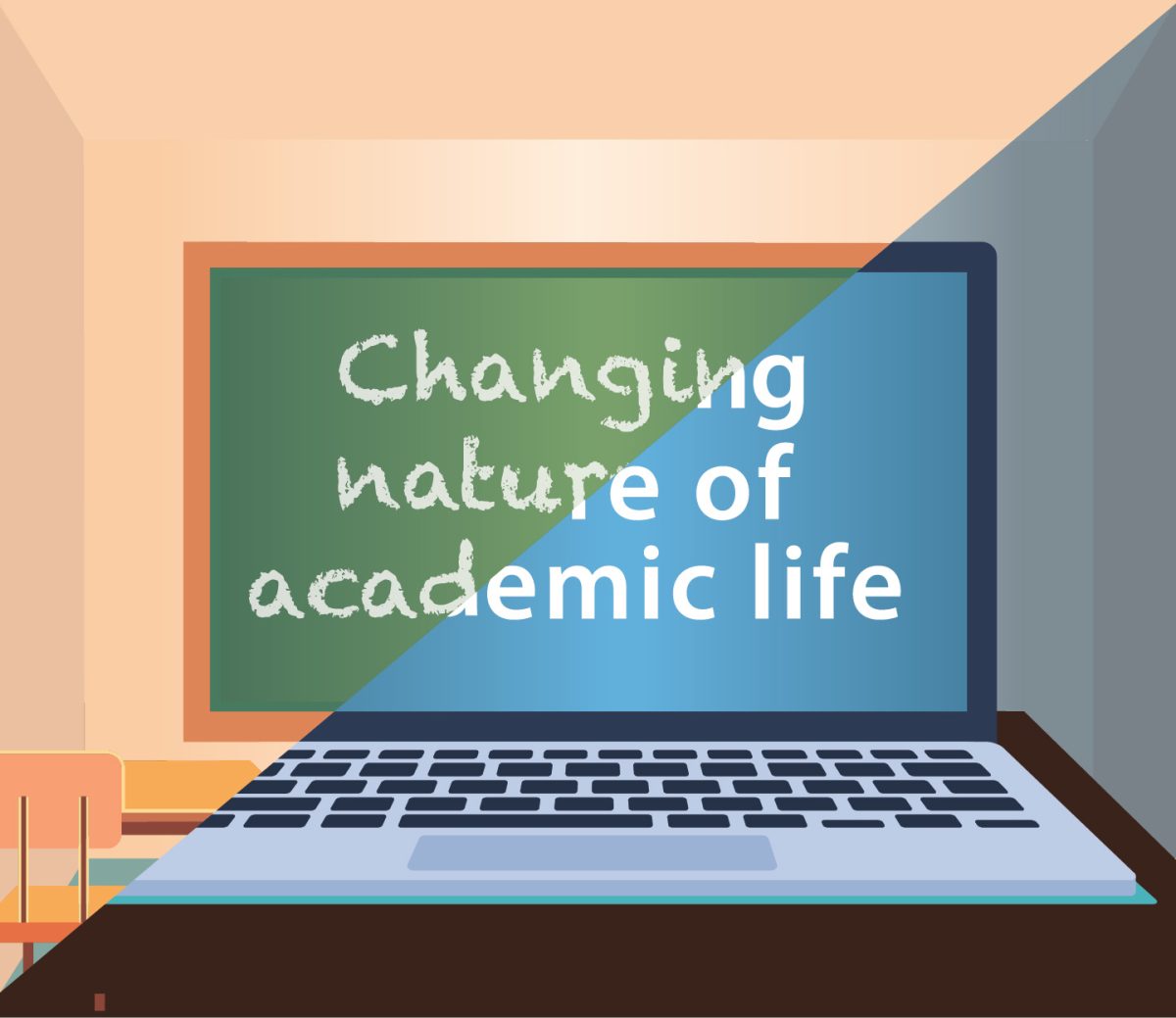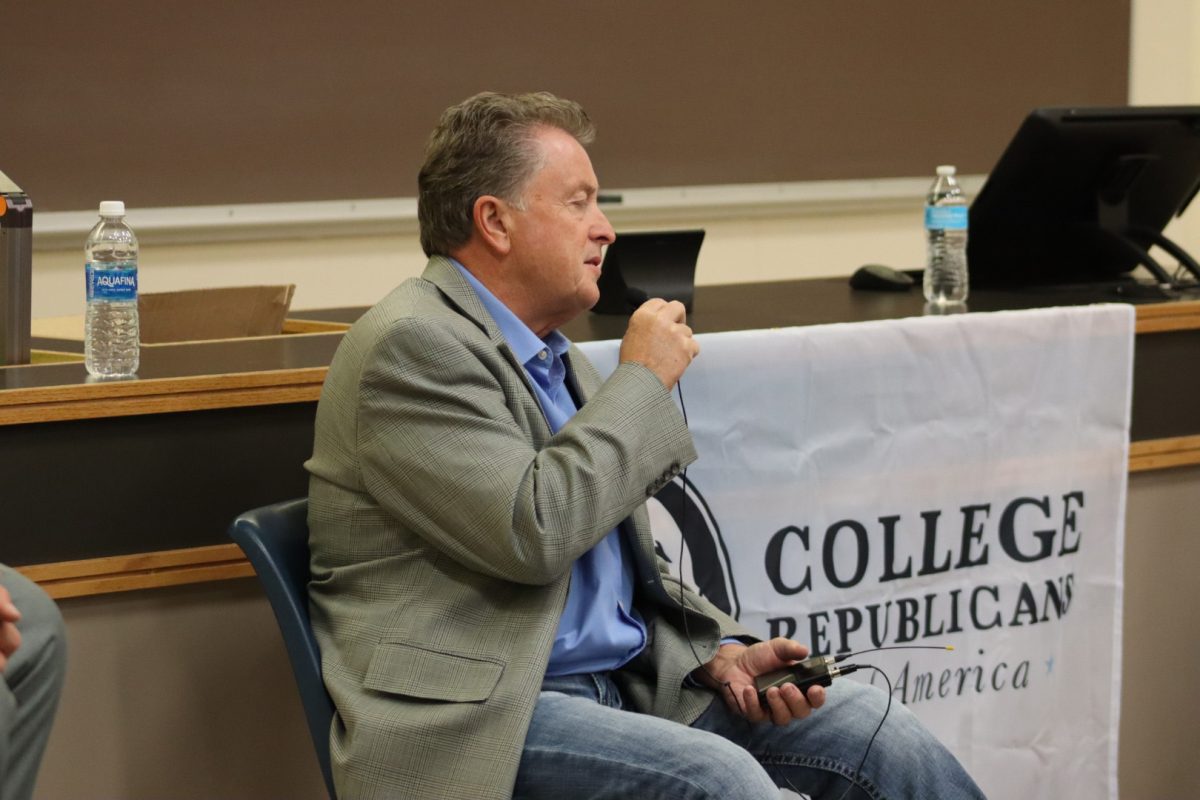hammekea@lopers.unk.edu
The faculty senate at the University of Nebraska at Kearney expressed concerns about the use of ChatGPT in academic settings and its potential impact on traditional methods of teaching and learning.
UNK’s faculty senate president, Derek Boeckner, requested student feedback on this issue during the student government meeting Feb. 14.
“Faculty are concerned about it because it can produce fairly accurate essays and things like that,” Boeckner said. “Depending on what kind of prompts you give it, and at what level of emphasis… if you just want to backset you, it does a great job, but if you wanted to do some deeper analysis on things, it’s not quite so good.”
ChatGPT is a large language model developed by OpenAI. It was introduced in June 2020, with the release of its predecessor, GPT-3 (Generative Pre-trained Transformer 3).
The development of ChatGPT was made possible through pre-training on a massive dataset of text from the internet. This process allowed the model to learn patterns and relationships in language.
To show the ease of using ChatGPT, the program generated the first four paragraphs of this article, including its history.
“I would not trust it to write an essay for me, because the essays that we write in our classes are based on the reading that we’re doing in those classes, and I don’t know how to have it understand everything that I read in order to write a correct a correct essay or anything like that,” said Student Body President Emily Saadi.
Ethically, using ChatGPT could be considered as cheating. However, some students in the Senate aren’t even considering ChatGPT as a tool.

